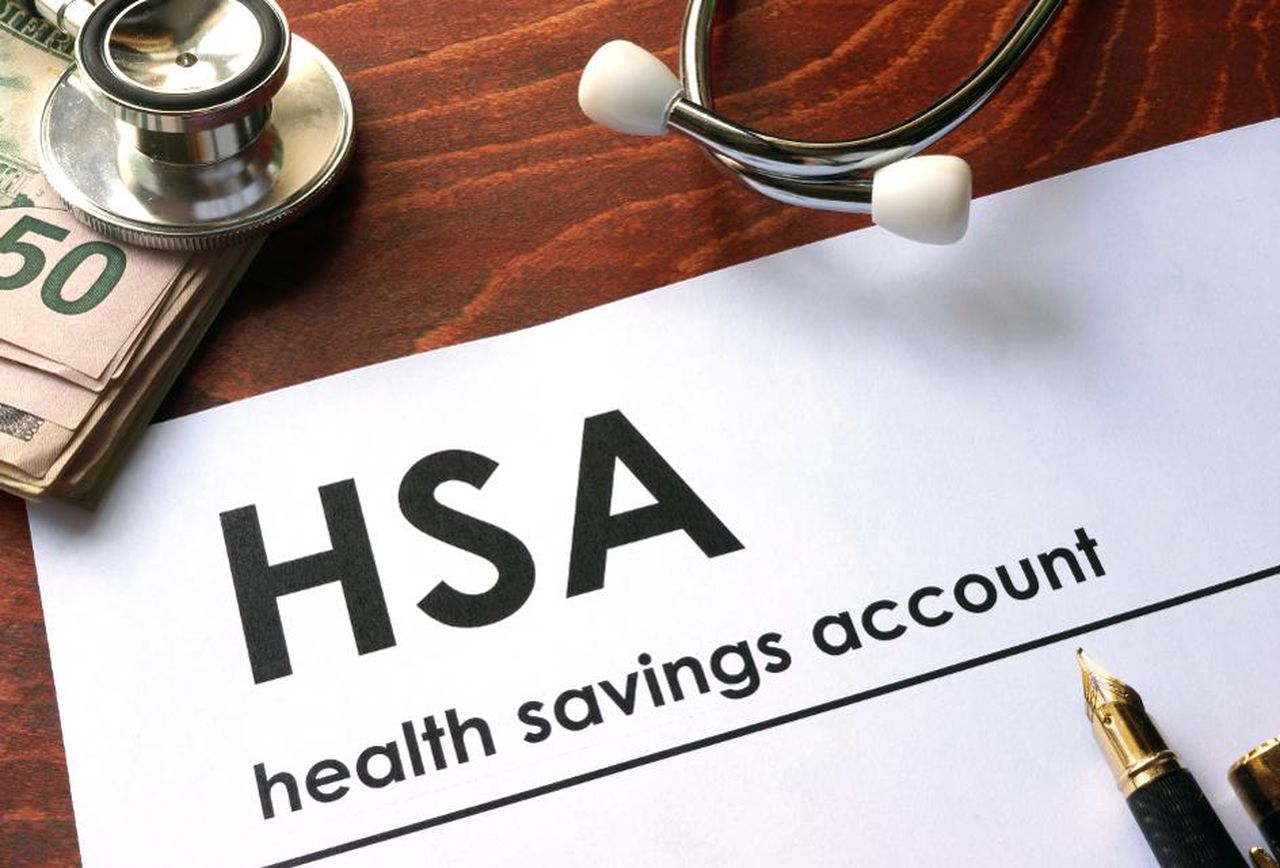Do you have high-deductible health insurance plan through work or a non-government policy you purchased yourself? If so, you might have access to a great a great retirement account you never heard of.
It is called a Health Savings Account (HSA) and it is a hidden gem for retirement planning.
In this article, I will go over some of the basic features of the Health Savings Account. Additionally, I will go over a potential retirement planning strategy using it.
Health Savings Account Q&A
What is an HSA?
An HSA allows someone with a high deductible insurance plan to put away pre-tax money to be used on qualified medical expenses.
Who can contribute to a HSA?
In 2020, anyone who meets all of the following conditions can contribute to an HSA:
- Covered by a high deductible health plan (2020 Minimums: $1,400 for individuals, $2,800 for families)
- Not covered by another health plan
- Not eligible to be claimed as a dependent on another person’s tax return
- Not entitled to Medicare benefits
How much can I contribute to an HSA?
If you are single you can contribute up to $3,550 in 2020. If you are married, that number goes up to $7,100. If you are over 55 you can contribute an additional $1,000.
Do I get a tax deduction?
Yes. You contribute money pre-tax. Thus, you can deduct your contributions from your taxable income on your tax return.
How are withdrawals taxed?
- Any withdrawals used for qualified medical expenses come out tax-free. Note, this can be done at any time. In this case, HSAs have a triple tax benefit as distributions for medical expenses are never taxed.
- If you use the funds for non-medical expenses before age 65, they will be subject to tax and a 20% penalty.
- If you are over 65, there is no penalty for non-medical withdrawals but you will owe tax on the amount of the distribution. This is similar to normal pre-taxed accounts like a Traditional IRA or 401(k).
Can I reimburse myself for medical expenses paid?
Yes. You can reimburse yourself for qualified medical expenses incurred as long as they were incurred after the HSA established. There is no time limit.
What qualifies as medical expenses?
An extensive list can be seen on the IRS website.
What can I do with the money I contribute to an HSA?
The options available to you will vary depending on where you set up the account. Based on research, many places allow you to keep the money in cash or invest in a number of mutual funds.
What if I leave my job and I am not longer covered under a high-deductible plan?
Your HSA stays with you forever. You can still use the funds you have saved. However, you cannot make any more contributions
HSA Retirement Strategy
While HSAs are not technically intended to be used for retirement, they are a tax-friendly investment vehicle that can act as a powerful retirement-savings tool if you let your balance compound over years. The following is an outline of how it works.
- Assuming you qualify, open an HSA.
- Contribute as much as you can to your HSA every year and invest your HSA balance in mutual funds that meet your risk tolerance.
- If possible, pay all your medical expenses out of pocket so your HSA can continue to grow tax-advantaged.
- Keep receipts for all qualified medical expenses incurred over the years. I would scan them and keep an online record for convenience. Additionally, I would keep a running tally of the total amount spent out of pocket.
- At some point in the future, such as retirement, you can “reimburse” yourself tax-free for all the qualified medical expenses you paid in the past. If you are ever audited by the IRS, the receipts are proof that you are reimbursing yourself.
My Thoughts
In my opinion, Health Savings Accounts, when used correctly, can be a great retirement savings vehicle. Since medical expenses are a reality for many retired people, having a tax free savings account is very beneficial. Therefore, I typically recommend people try to pay current medical costs out of pocket so their HSA savings grow tax free for the future.
If you are lucky and have no medical expenses, you will be able to treat your HSA savings like an IRA after age 65.
However, I am not sure if the reimbursement strategy is viable long-term. It would only take one law changing the timeframe in which you can be reimbursed to mess it up. Despite this risk, it does not take much effort to keep track of receipts for medical expenses paid out of pocket.
Also, I believe that sooner or later Health Savings Accounts will be expanded. I think the requirement for a high deductible health plan will be dropped. Additionally, I think the contribution limits and the list of qualified medical expenses will increase.


